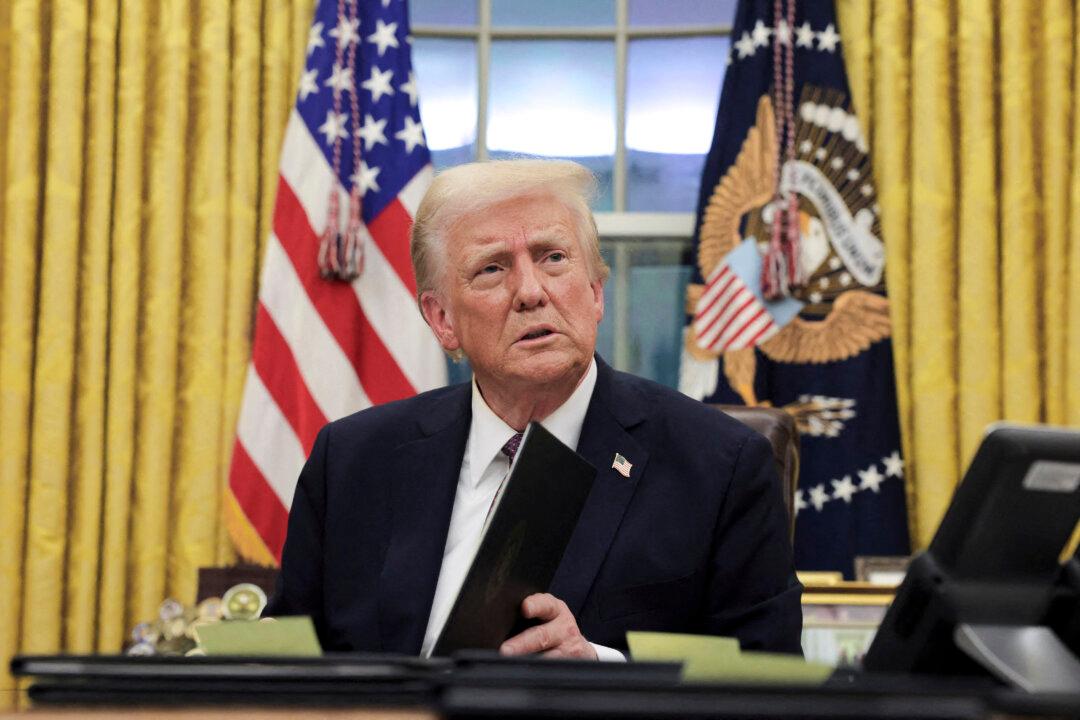A federal judge on Jan. 23 blocked President Donald Trump’s order limiting birthright citizenship.
U.S. District Judge John Coughenour after a hearing in Seattle issued a temporary restraining order that prohibits the Trump administration for 14 days from enforcing Trump’s order, which the president signed hours after taking office on Jan. 20.





